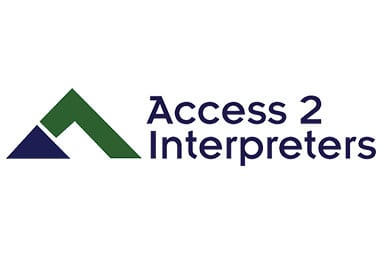
Language Access in the California Courts
- Posted on
- access2interpreters
The Strategic Plan for Language Access in the California Courts calls for a consistent statewide language services plan to ensure language access for limited English proficient (LEP) speaking court users in California.
The historic vote came after an 18-month effort by the Judicial Council of California and a 60-day formal public comment period on a draft of the plan. The plan includes the 58 superior courts in the state and will also include the immediate formation of an implementation task force that will recommend and implement the plan.
Reason for the Plan
Approximately 7 million LEP residents and court users are spread out over vast areas of California and speak over 200 languages. This highlights the fact that California is one of the most diverse states in the country.
Unfortunately, this is also part of the main problem: the language barrier excludes a significant portion of residents from any meaningful participation in the judicial process. In addition, many LEP litigants even show up without lawyers and/or a qualified interpreter leading to the courts having to rely on friends and family who are unqualified to acts as court interpreters.
Although the need for language access services in California has been around for a long time, the Language Access Plan finally represents a truly comprehensive system that ensures LEP court users get meaningful representation.
Implications of the Plan
With the approval of the Plan, California courts can now expect to see an expansion of qualified spoken language interpreters in all court manners. Scheduling protocols will also be created to ensure that these interpreters are used in the most efficient ways.
In addition, investments in technology solutions such areas as video remote technology and multilingual audiovisual tools are planned.
The increased court resources will necessitate additional funding to meet the increased demands of language access without having to sacrifice any other court services.
References:
http://www.courts.ca.gov/28476.htm
http://najit.org/blog/?p=2481

